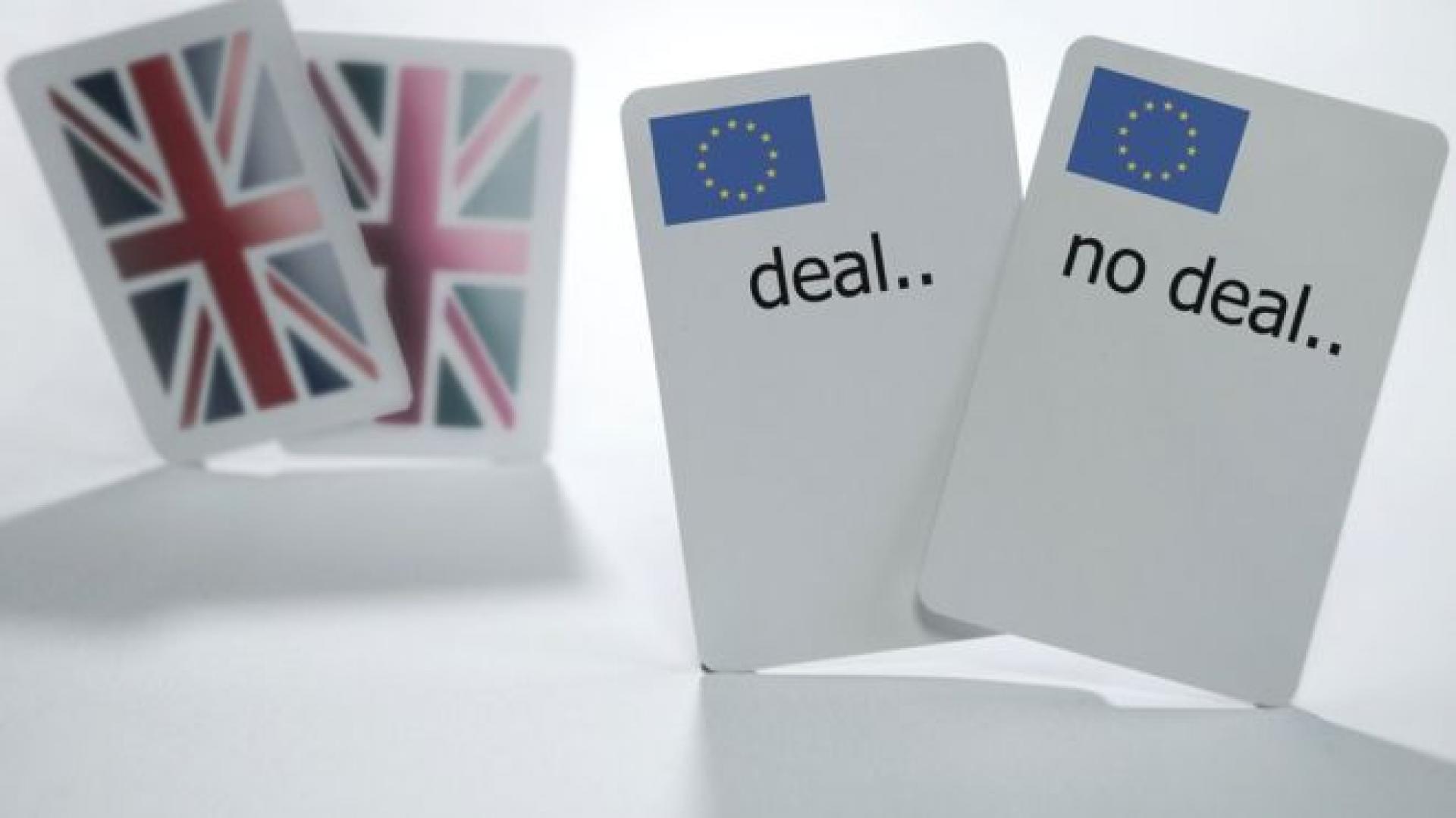As the imminent exodus of the UK from the EU looms upon UK inhabitants, we await with bated breath to see how in reality this will impact on our lives. Arguably, the smarter ones amongst us are jumping ship and crossing over the Irish borders to secure their status whilst the rest of us are ‘braving’ it out so to speak, and watching the spectacle unfold before us.
Although it has been confirmed that the rights and status of EU citizens will remain the same until 30 June 2021, it cannot be denied that whether or not there is a deal or no deal when the UK exits the EU (on 29 March 2019), this will in essence determine the immigration fate of EU citizens and their family members alike. The government has in the meantime launched a test scheme which enables EU citizens and family members to apply via the EU Settlement Scheme to provide some level of security to their status during this upheaval period. This scheme will be all systems go by 30 March 2019.
It is advised that EU citizens and their family members living in the UK apply to the EU Settlement Scheme if they wish to continue living in the UK after 30 June 2021. The deadline for submission will be 30 June 2021 or 31 December 2020, dependent upon whether the UK leaves the EU without a deal in which case the latter date is applicable. Following a successful application, applicants will either be granted settled status or pre-settled status. As an EU citizen or family member you will essentially qualify for settled status if you started living in the UK by 31 December 2020 and have been living in the UK for a continuous period of 5 years. Following the grant of the same you can effectively apply for British citizenship provided you are eligible. Pre-settled status is awarded to those EU citizens and family members who have not acquired 5 years continuous residence but will be permitted to continue living in the UK for a 5-year period. Once such applicants have accrued 5 years continuous residence they will then be eligible to apply again through the scheme for the settled status.

It is advised that even if you have a UK permanent residence document to apply through the EU settlement scheme, if you wish to remain living in the UK after 30 June 2021. If however, you have Indefinite Leave to Remain (‘ILR’) you are not required to apply through the scheme, but you may wish to do so, should you feel you will spend up to 5 years in a row outside the UK, awarding you the privilege of not losing your settled status, as you would normally have done with an ILR status which only affords a maximum length of 2 years reprieve.
Essentially, come 29 March 2019, in the event of a no-deal Brexit, free movement will end, creating a chasm of uncertainty for practitioners and EU citizens alike. The Immigration and Social Security Co-ordination (EU Withdrawal) Bill, once enacted, will repeal the Immigration (European Economic Area) Regulations 2016, which currently implements free movement in UK law. So, in such circumstances EU citizens entering post Brexit, for longer than a 3-month period will be required to apply for permission to be in the UK.
As an EU citizen if you are here before 29 March 2019, you are eligible to apply for settled status as opposed to those who arrive post 29 March 2019. So deal or no deal my advice to those individuals who are here already is to try and secure your status if you think you will continue to remain in the UK post 30 June 2021.
Glover Priest has vast experience in dealing with matters concerning EU citizens and their family members. Should you require professional advice regarding any application or your personal circumstances, please do contact us.
The information in this blog is for general information purposes only and does not purport to be comprehensive or to provide legal advice. Whilst every effort is made to ensure the information and law is current as of the date of publication it should be stressed that, due to the passage of time, this does not necessarily reflect the present legal position. Glover Priest accepts no responsibility for loss which may arise from accessing or reliance on information contained in this blog. For formal advice on the current law please contact Glover Priest. Legal advice is only provided pursuant to a written agreement, identified as such, and signed by the client and by or on behalf of Glover Priest.